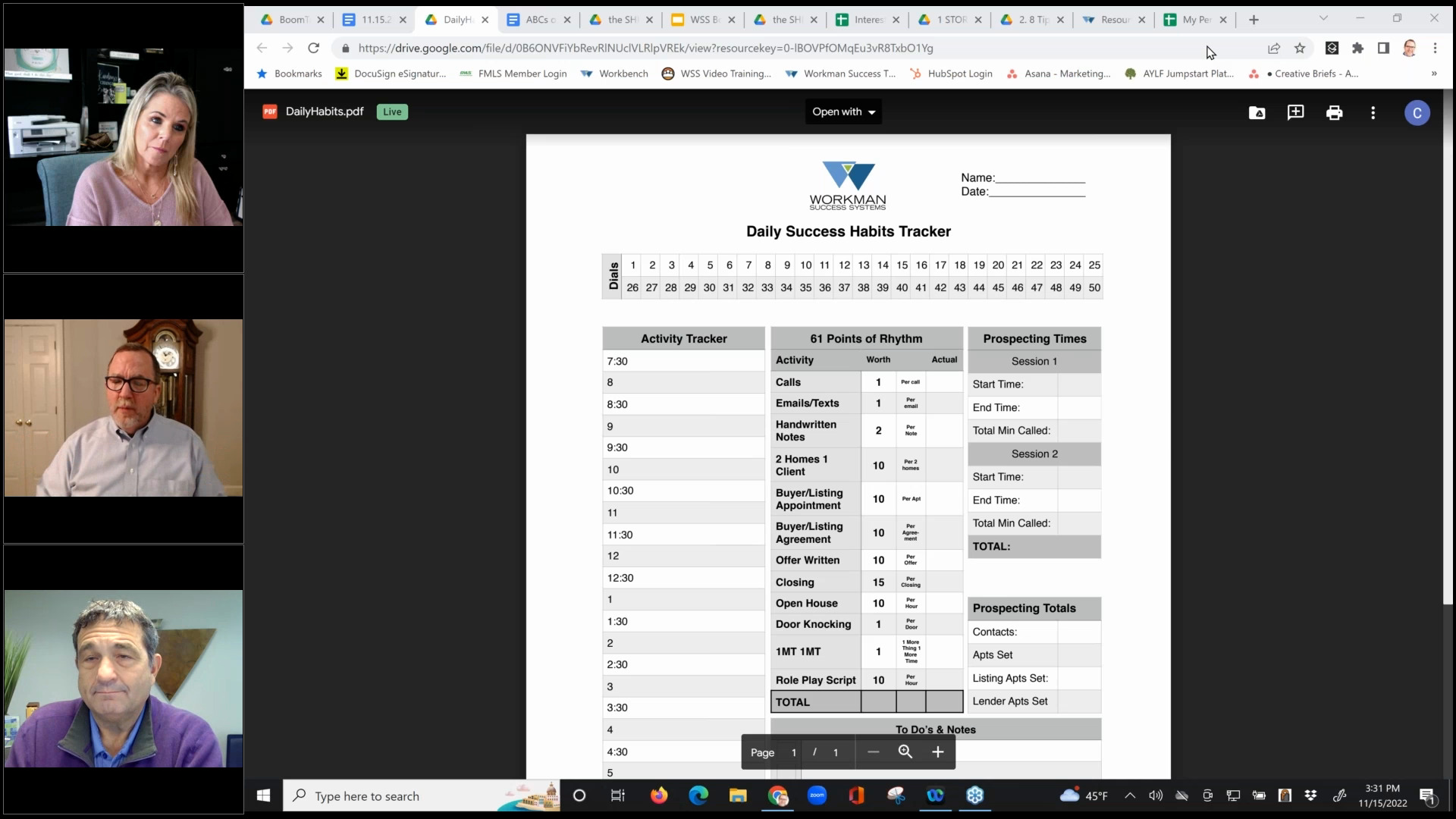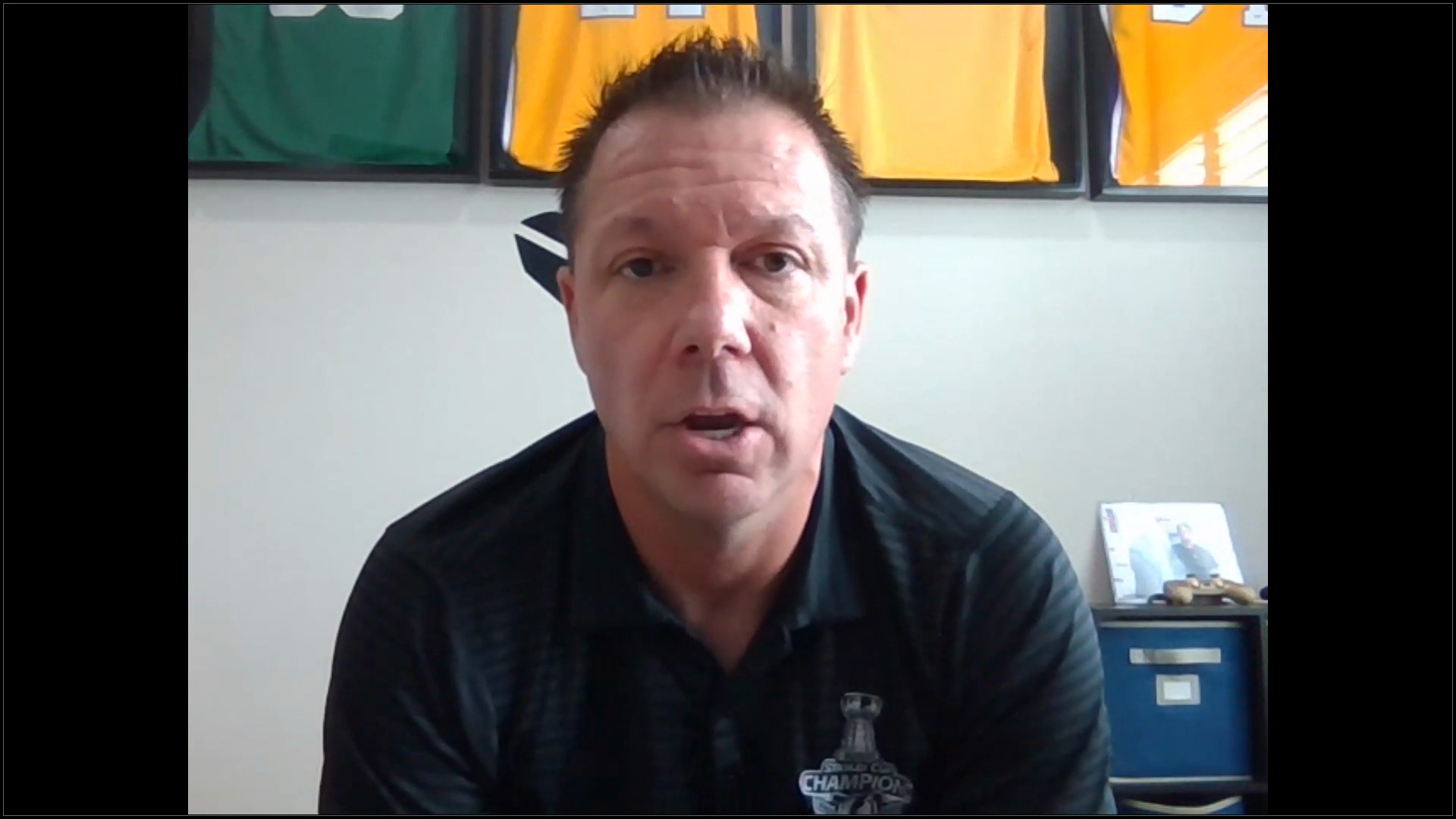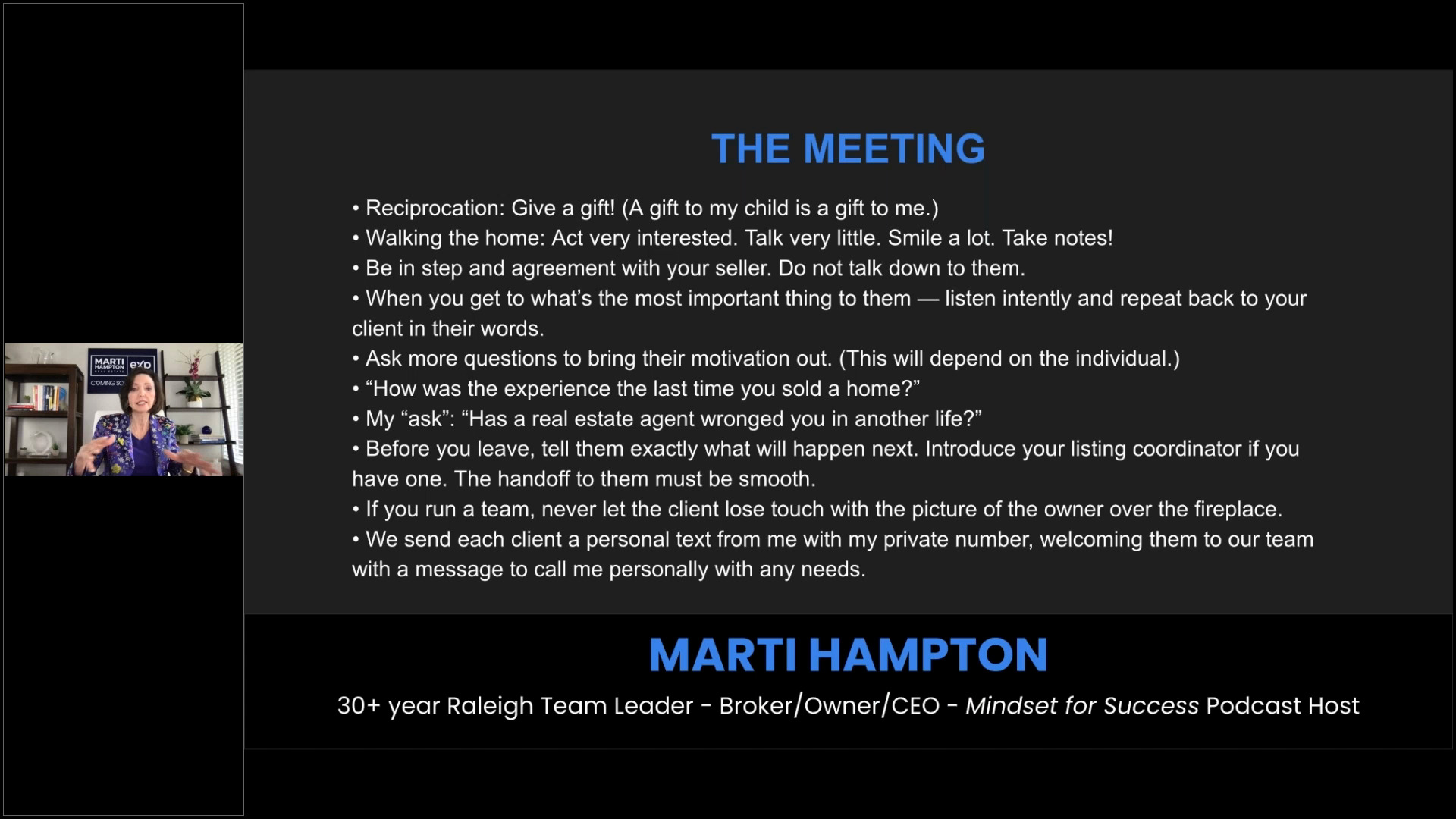
Most folks have probably tried scores of different tips, tricks and hack to build habits and meet goals. We’re optimists. We keep trying because we truly want to achieve great things and crush that to-do list, but…life happens. And then we don’t reach our goals. Which leaves us a bit disillusioned and disappointed. The opposite of what the intention was. Last year, I made a goal to go for a run every weekday. Monday and Tuesday were typically good, but by Wednesday, the compromising had usually set in. Or it was raining. Or I forgot my shoes. The problem? I didn’t set out with a daily plan and the right strategy to set myself up for success. I learned, however, that what I really needed were implementation intentions factored into my daily life. When you hit a speed bump where most people do with their goals, actually translating your goals into daily actions to help keep you going, implementation intentions are simple “if-then” plans that strategically trigger your automatic processes. Introduced by psychologist Peter Gollwitzer, these plans prepare you for future critical situations, often phrased as “when situation X arises, I will perform response Y.” For the goal of running each week day, implementation intentions involve a specific plan of where, when, how I will accomplish my run each day. When people decide exactly when, where, and how they will fulfill their goals, they create a link in their brains between a certain situation or cue and the behavior that should follow. “If or when X happens, then I will do Y” This helps to establish powerful triggers for action. So how do you leverage this for your real estate goals? The best goals are: Identify the top activities you should do every day to help you reach you goal. (Hint: These should be much easier to accomplish than your overarching goal, and something you can use each day. They’re the simple daily plans and contingency plans that drive you towards your end goal.) For example, if your goal is to increase transactions, these daily actions could be something like: Make 60 prospecting calls each Monday
Block of 2 hours on Tuesdays and Thursdays day to focus on KPIs (instead of email, management tasks, etc.)
Meet up with past clients for coffee, lunch or drinks each Friday The person who is blocking off 2 hours of their morning to call leads, who has said, “I need to accomplish this task to reach this goal, and no one is going to bother me right now,” are the people who reach their ambitions. They’re being productive. Real estate is a career where interruptions are a regular occurrence. Clients, obviously, need to be served. But at what cost does it affect your goals? Many of us in real estate have ambitions to close [X] amount of transactions, or earn [X] amount of income this year. How sure are you the tasks you’re doing every day are bringing you closer to that goal? These are where your implementation intentions come in. You know that things will throw you off track, so build in contingency plans. An implementation intention follows a specific format. Stephen Cooley runs the #1 Keller Williams team in South Carolina, and he asks a simple question: What is my time worth? He learned if he gave up some tasks, it would allow him to put more emphasis on money-making tasks. He knows he can make $500+ an hour with a client. Anything less than that, he pays other people to do it. He doesn’t need to be taking signs to people’s houses or making copies of keys. Time is money. Stephen Cooley knew that if housekeeping tasks bumped into his schedule, he would fall off track. He worked in an implementation intention, and decided to delegate those tasks, worth less than his time, to someone else when they arose. This kind of if/then planning replaces an in-the-moment decision with a predetermined cue. “When people have formed an implementation intention, they can act [automatically], without having to deliberate on when and how they should act,” say goal theorists Peter M. Gollwitzer and Gabriele Oettingen. The heavy lifting is already done. Setbacks are inevitable, but when you hit a wall, modify your implementation intentions until they’re working right for you. You need to keep things simple. Continue writing down the small tasks you need to complete each day to get you to your weekly, monthly and bigger goal. Know the plan if something gets in the way, and keep it simple. Take advantage of technology to help you time block. Use quiet space to knock out your task as soon as possible. If you see yourself start to slip, evaluate what is causing this, and create a trigger that will keep you on track. This could be as simple as a phone reminder or a calendar invite. Or perhaps you need to hire and delegate. At BoomTown we adhere to the same philosophy. We don’t believe you need a bunch of bells and whistles to manage your leads. Otherwise, you’re going to try and plug-and-play on so many things. We believe you should be focused. You need tools that directly tie to success metrics — tools that are simple and easy to use. Focus your time. Find technology, like BoomTown, to become your assistant. Identify what workflow is needed to reach your objective. The reward is 60 minutes of productive tasks that bring you closer to your goal. What the heck is an implementation intention?
How to create daily goals for real estate success
Create a SMART goal
Determine the best daily activities to meet your goals
Brainstorm what will derail you and determine your response
Bounce back and be agile
The right tools to help you reach your goals



